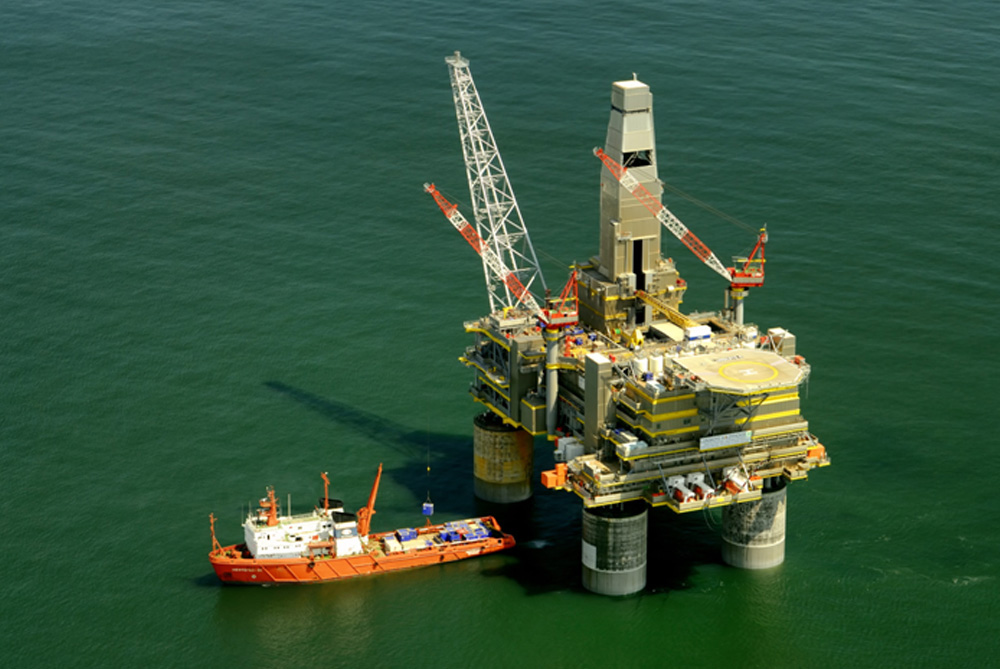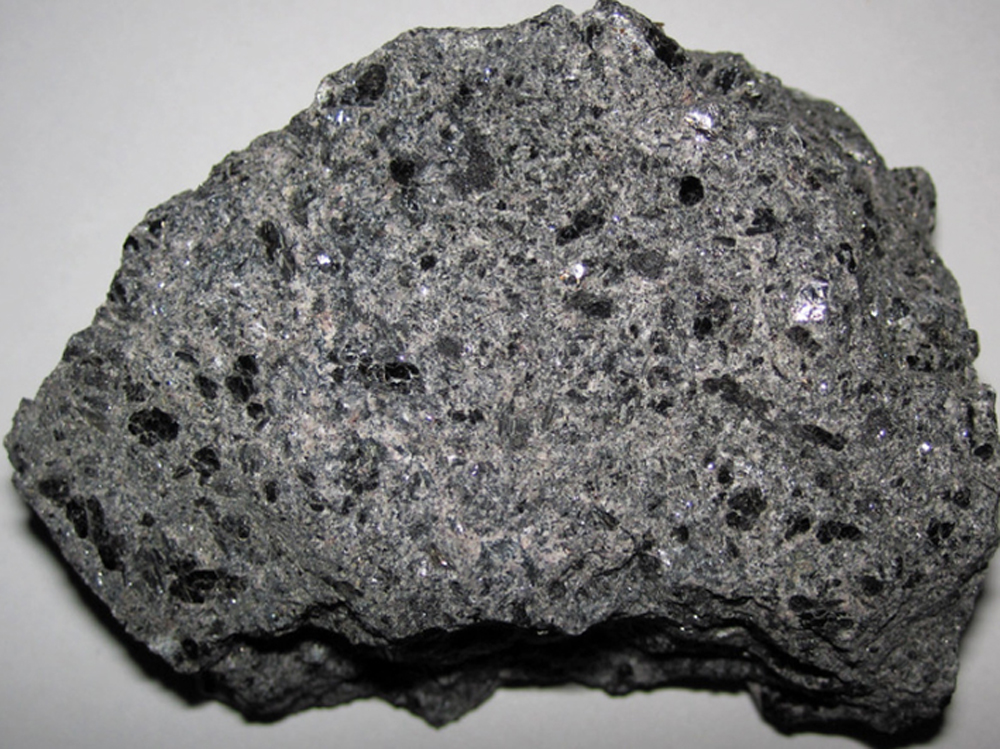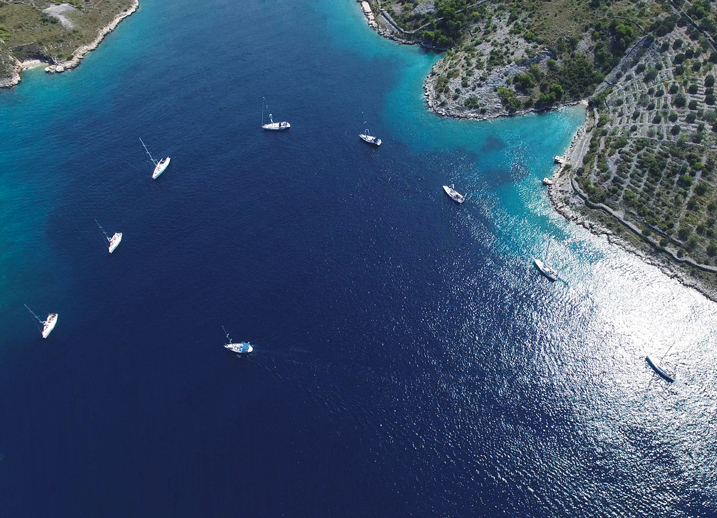India First to Secure Dual Deep-Sea Exploration Contracts as the Global Regulations Remain in Flux



India is set to embark on a new chapter in its Polar exploration journey with the construction of Maitri II. The Indian government plans to establish a new research station near the existing Maitri ba...
.png )
The Deep Ocean Mission (DOM), approved by the Government of India in 2021 under the Ministry of Earth Sciences (MoES), represents a strategic step in realizing Sustainable Development Goal 14 (SDG 14:...

China recently announced restrictions on the export of seven rare earth elements (REEs), soon after US President Donald Trump decided to impose tariffs. As the world's dominant supplier—responsible fo...
The International Seabed Authority (ISA) marked a watershed moment on September 15, 2025, signing a 15-year contract with the Indian government, revolutionising deep-sea exploration. India has been gr...
Oceans play a major role in the hydrological cycle, moderate the climate and act as the primary sink for carbon dioxide. The complex bathymetry of ocean beds, with long mountain ranges, mounds, volcan...
The Second International Indian Ocean Expedition (IIOE, 2015-2020) built on the legacy of the first IIOE-1 (1959-65) seeks to advance our understanding of the dynamics of the Indian Ocean and allied s...
Observations in Polar Regions are essential for understanding changing climate. This article provides insights into how a floating laboratory—the Polar Research Vessel, is designed and built to meet t...
The International Seabed Authority (ISA) marked a watershed moment on September 15, 2025, signing a 15-year contract with the Indian government, revolutionising deep-sea exploration. India has been granted exclusive rights for the exploration of polymetallic sulphides (PMS) in the 10,000 sq km Carlsberg Ridge in the Indian Ocean, landmarking it as the first state which now holds three contracts, m...

Oceans play a major role in the hydrological cycle, moderate the climate and act as the primary sink for carbon dioxide. The complex bathymetry of ocean beds, with long mountain ranges, mounds, volcanic craters and marine sediments, have been revealed by deep sea exploration.

The Second International Indian Ocean Expedition (IIOE, 2015-2020) built on the legacy of the first IIOE-1 (1959-65) seeks to advance our understanding of the dynamics of the Indian Ocean and allied scientific issues.
